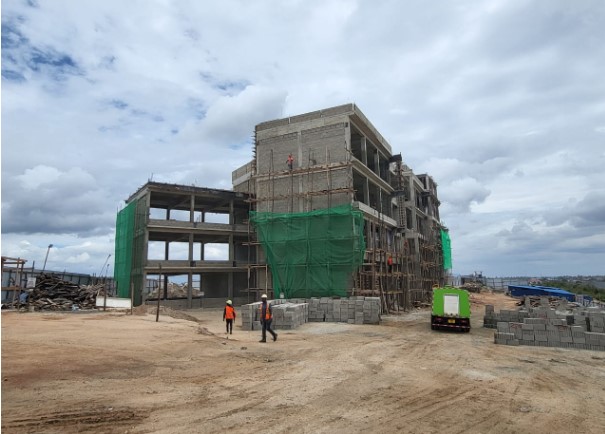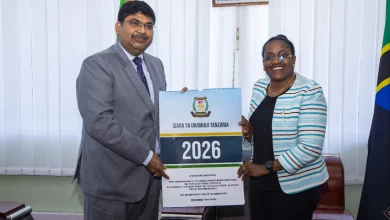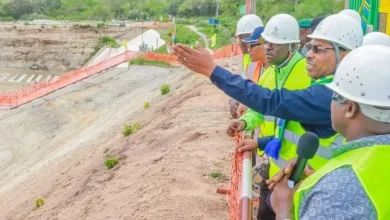MUHAS expansion to open doors for more health professionals

DAR ES SALAAM: TANZANIA’S capacity to train more health professionals is set for a major boost after the completion of the Higher Education for Economic Transformation (HEET) Project being implemented by the Muhimbili University of Health and Allied Sciences (MUHAS).
The 120bn/- project involves the construction of the College of Medicine at Mloganzila and a new campus in Kigoma Region, both expected to be completed by June 2026.
Giving an update on the progress during an inspection visit in Dar es Salaam on Monday, MUHAS Vice-Chancellor Professor Appolinary Kamuhabwa said construction works are progressing at an impressive pace.
“As of today, the project has reached 50 per cent completion and is expected to be finalised as scheduled,” he said.
Prof Kamuhabwa said the construction of the College of Medicine is part of the government’s efforts to make higher education a driver of economic, social, and technological transformation through investment in quality infrastructure, research, and innovation.
He further revealed that the construction of the Kigoma campus has also reached 35 per cent progress.
Highlighting the project’s impact, Prof Kamuhabwa said the project will enable MUHAS to increase student enrollment at both undergraduate and postgraduate levels.
“At present, for every 31 qualified applicants, only one student secures admission. For instance, in the 2025/2026 academic year, out of 5,395 applicants for the Bachelor of Medicine programme, only 235 were admitted,” he explained.
Under the project that entails nine priority areas, 83 curricula have been revised while 23 new programmes have been introduced, aiming to address the country’s health challenges and expand the production of competent health professionals.
ALSO READ: How Samia propels MUHAS to new heights in global cooperation
“These efforts will reduce the costs that citizens incurred when seeking medical treatment abroad,” Prof Kamuhabwa said.
Apart from physical infrastructure such as hostels, libraries, and research facilities, the project also includes a digital transformation component involving the development of ICT systems.
He expressed appreciation to the World Bank for its financial support and close collaboration in implementing the initiative.
Meanwhile, Ms Yasinta Mkandawile, a resident of Mpakani in Mloganzila, said the project has created jobs and business opportunities for the local community.
“We thank the government for this initiative; it has brought income and development to our area,” she said.





